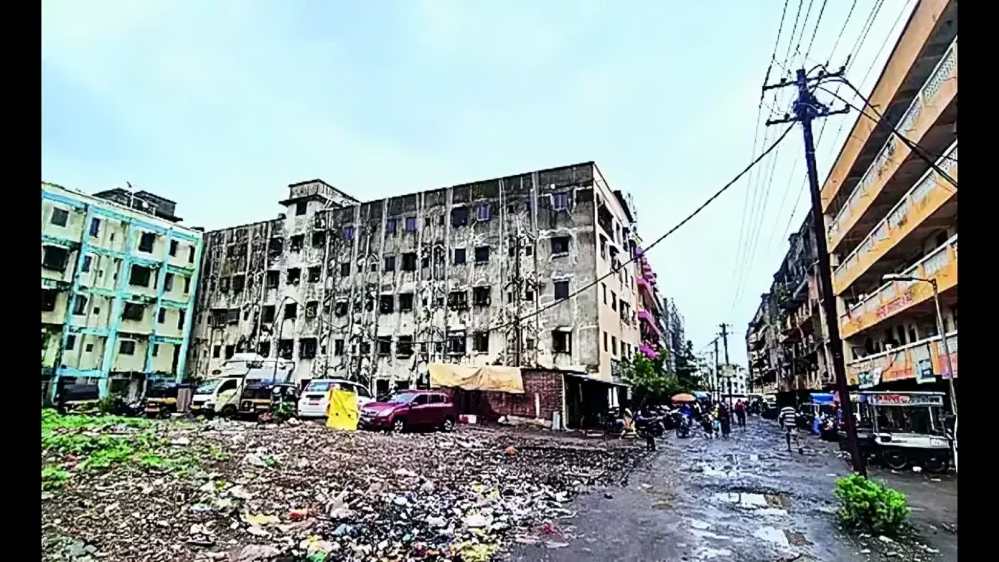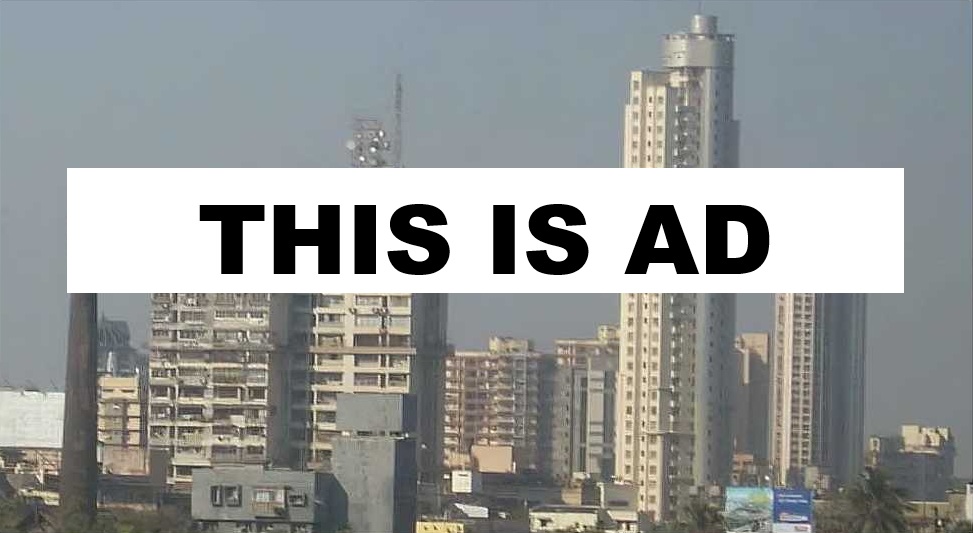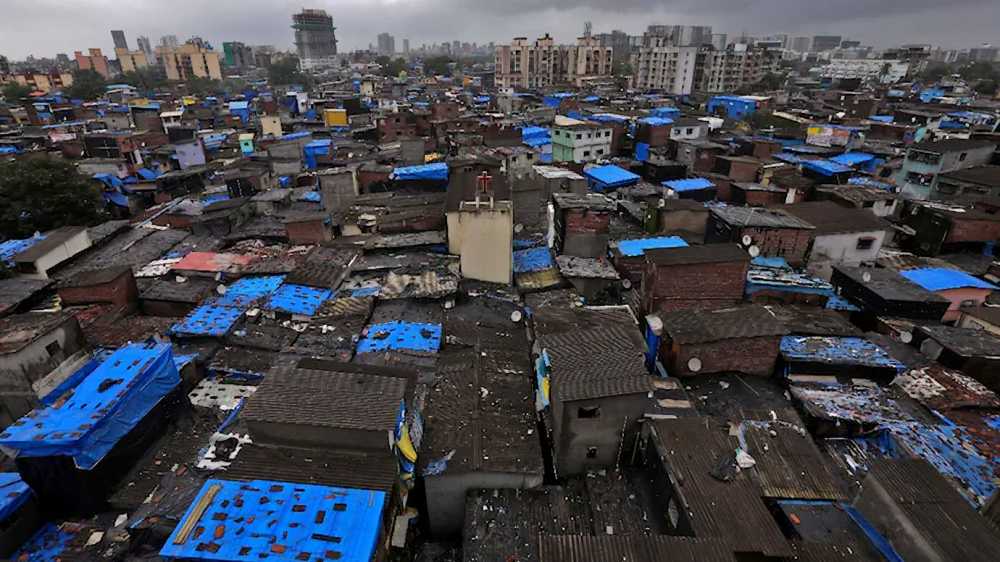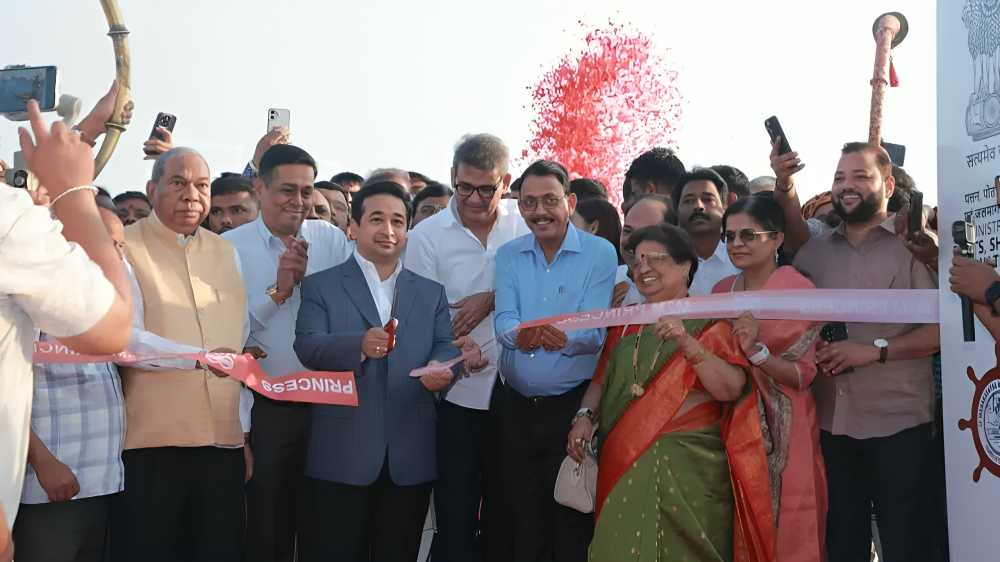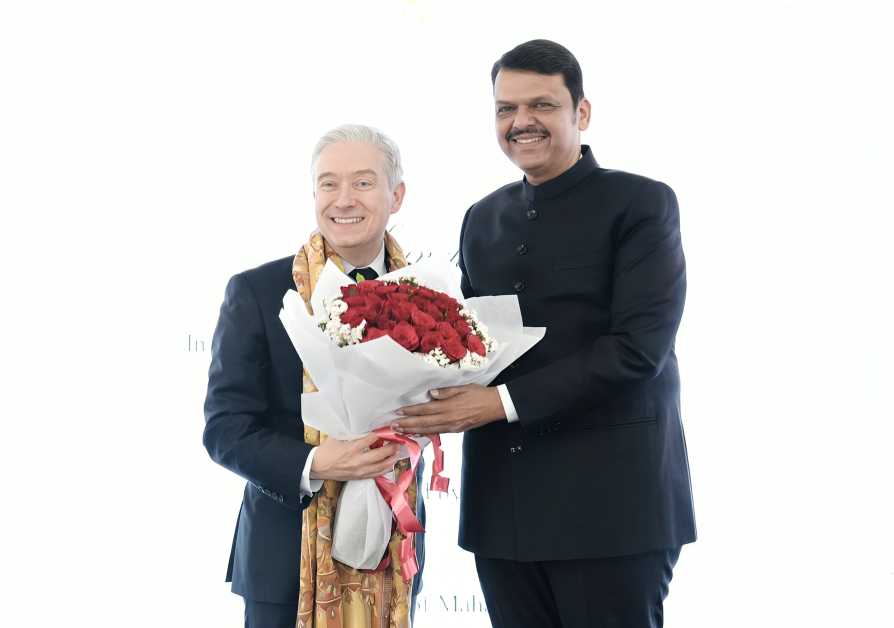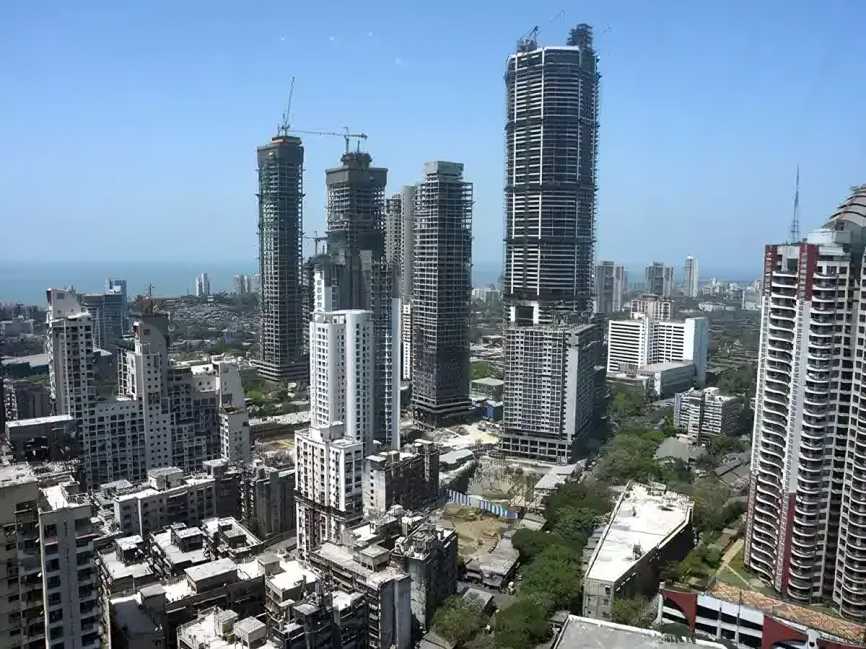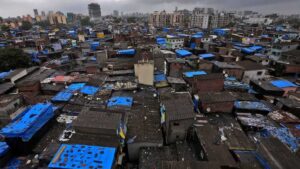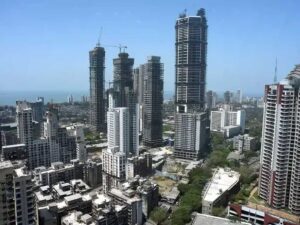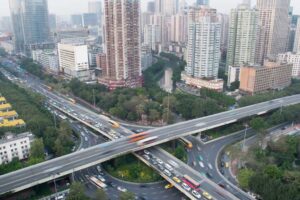July 3, 2025: Mumbai’s Girgaon and Kalbadevi neighbourhoods starkly contrast the nearing completion of the ambitious Metro Line 3. While the city celebrates progress in transport infrastructure, hundreds of families displaced for the project over eight years ago remain in limbo—exposing troubling gaps in Mumbai’s approach to equitable urban development.
Despite promises of in-situ rehabilitation, residents report that construction of their designated housing has moved at a sluggish pace. Nilesh (Bala) Ahirekar, 48, a resident of Kranti Nagar, shared his frustration: “It’s been over eight years, and they’ve barely managed four floors of the promised 48-storey tower. Rent reimbursements are delayed, and there’s still no clarity on final agreements.” Similarly, Vikas Nagavkar of Chandramahal pointed to the absence of a developer signboard, casting doubt on the Diwali 2027 handover timeline.
This prolonged uncertainty has pushed many families into financial hardship, with inconsistent rent payments adding to the stress. The disruption has far-reaching effects—from interrupting children’s education to limiting access to healthcare—placing a disproportionate burden on women, the elderly, and vulnerable groups.
Further complicating matters, several tenants have reportedly been disqualified by the Maharashtra Housing and Area Development Authority (MHADA), leading to a sudden halt in rent compensation. A lack of transparent communication and clear grievance redressal only deepens the sense of helplessness among those affected.
While the Mumbai Metro Rail Corporation Limited (MMRCL) leads the project, genuine coordination and accountability among all agencies involved are critical. Infrastructure projects of this scale must be measured not only by completion deadlines or carbon reduction goals but by how justly they treat those displaced.
True progress lies in balancing growth with compassion. Swift rehabilitation, timely compensation, and transparent governance must be the cornerstones of a city striving to be truly sustainable and inclusive.
Source: Urban Acres




